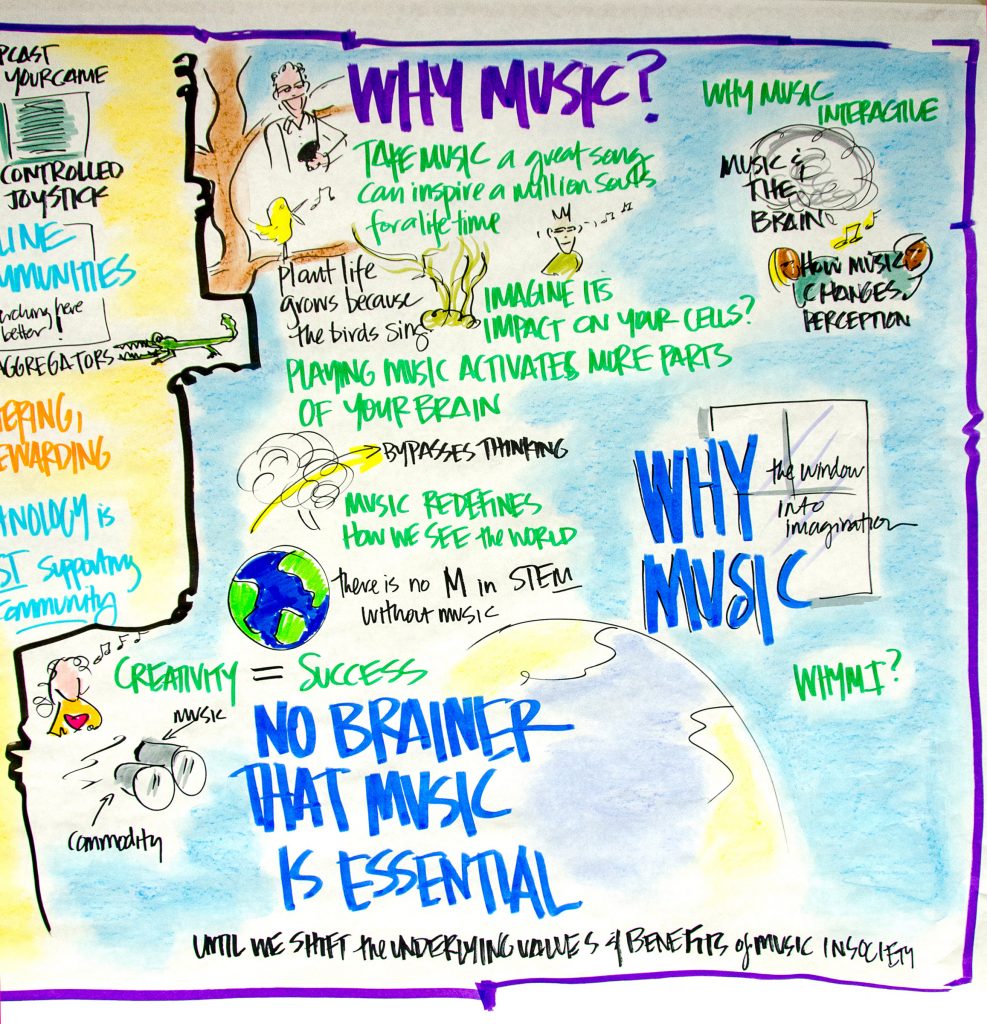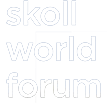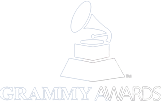Home Frank’s Blog The New Power Shake – Blending Creativity, Wellbeing and Learning
The New Power Shake – Blending Creativity, Wellbeing and Learning
Frank Fitzpatrick 03/04/2014

|
No time to read? Pick your language & press PLAY
Getting your Trinity Audio player ready...
|
As the world continues to spin in more unpredictable and exponential ways, the worlds of ideas-once-separated are being tossed into the same blender.
[frame src=”http://earthtones.org/wp-content/uploads/2014/03/edu-disrupted-illustration-roundtable-1024×338.jpg” alt=”Education: Disrupted – Roundtable Illustration” width=”980″ class=”size-large wp-image-9160″ lightbox=”on” ]Illustration by Patti Dobrowolski, Photo by Wasim Muklashy – [Click to Enlarge]
What is great about the omnipotent ingredient of music is that music is the juice that can make it all work together: cognitive and social development, motivation and emotional engagement, and mindfulness and well-being. Maybe it is because, as Beethoven taught us, music understands mankind in a way that mankind is yet to understand music. Sadly, because music has been so devalued and misunderstood by those leading in these other fields, it is underutilized at best.
I addressed this last week in our Roundtable at Pepperdine University dubbed Education Disrupted: Enhancing Creativity and Learning through Music, Media and Technology. I had the honor of being joined by some amazing colleagues and experts from across the globe and across the disciplinary spectrum of new technology, interactive games, education and, what I call, the Technologies of Emotion: music and story telling. Among the participants, in addition to a handful of Pepperdine’s academic leaders, were Atari and BrainRush Founder, Nolan Busnell; MIT Media Lab researcher and VP of the Learning Games Network, Jennifer Groff; Director of Learner Experience and Wellbeing for Pearson, Erik Gregory; Creator and Executive Producer of Disney Interactive’s upcoming Fantasia: Music Evolved, Chris Nicholls; Directors of Global Learning from both Discovery – Hall Davidson, and Dell — Jon Phillips; and one of my new-found heroes: President of Ricardo Salina’s Fundacion Azteca, Esteban Moctezuma Barragan, who has created over 60 new youth orchestras in the past four years alone.
[frame src=”http://earthtones.org/wp-content/uploads/2014/03/edu-roundtable-group-1024×682.jpg” alt=”Education: Disrupted Roundtable Participants” width=”980″ class=”size-large wp-image-9153″ lightbox=”on” ]Photo by Wasim Muklashy – [Click to Enlarge]
I didn’t realize the potential synchronicity of related key events that would take place when Pepperdine offered me the date. Maybe that higher form of intelligence to which Beethoven was referring had a hand in the plans. In addition, having just returned from Wisdom 2.0, and being in route to participate at SXSWedu, the weekend itself was marked by some noteworthy events highlighting the power of music, film, technology and learning. Here in the entertainment capitol, an outstanding musical and cinematic experience, 20 Feet From Stardom, took home the Oscar Sunday for Best Documentary while, back east at our nation’s capitol, the White House launched and streamed their first White House Student Film Festival hosted by Neil deGrasse Tyson, Bill Nye and Barack Obama himself. They asked kids to tell us through film how technology will transform the educational experience for students in the future. I am encouraged to know that students will also be seated at the table at SXSWedu (and hopefully leading the dialog) for our Dell and Intel hosted Think Tank, Innovation in Teaching and Learning — Youth Empowerment. I’m confident they will help shake things up. I was also inspired to learn, while at a Saturday evening dinner with the Wind Ensemble of the Berlin Philharmonic, of the tremendous work their members are doing with kids and music education in Scotland, and with El Sistema in Venezuela.

One of the emerging trends across each of these events that I find encouraging is the desire to move toward creating greater wellbeing for the individual learner — being more conscious about what we put into the mix and shifting the values around priority outcomes. It is reassuring to have health, well-being and mindfulness be part of a dialog that too often gets dominated by test scores and brain capacity.
We still have a long way to go, however, to get music fully embraced as a critical and omnipotent ingredient for education, successful learning, and the wellbeing of youth in America. Music here has been removed from school curriculums, and public funding for the music-based arts programs has all, but disappeared. In one of my weekend meetings with the education gurus, I learned about an upcoming two-day global think tank that will help set the framework for open learning analytics to be used to measure learner outcome in education for the next fifteen years. Of the 50 experts at the table, music and the arts don’t have even one representative. Shocking! With all the evidence about the impact of music on learning and creativity, the development of the human brain, and the vitality of the human spirit, it should be a no-brainer to insist on music as an integral part of every child’s education.
So, as I head off to Austin for another education forum, armed with the latest in new technology, leading scientific research, a box of power tools for emotional engagement, and enough creative ideas to fill a 747, I will take my WHY Music soapbox with me. Maybe if I throw some magical ingredients into the blender and sing my mantras at the top of my voice — like “There is no M in STEM without Music!” — I might get a few more music warriors to join the movement.
View this article on Huffington Post.
View Frank’s article Music and Education from his WHY Music series.
I’m here to help YOU create a better world, inside and out.
Contact Me© 2025 Frank Fitzpatrick Website by AllHereIndia












